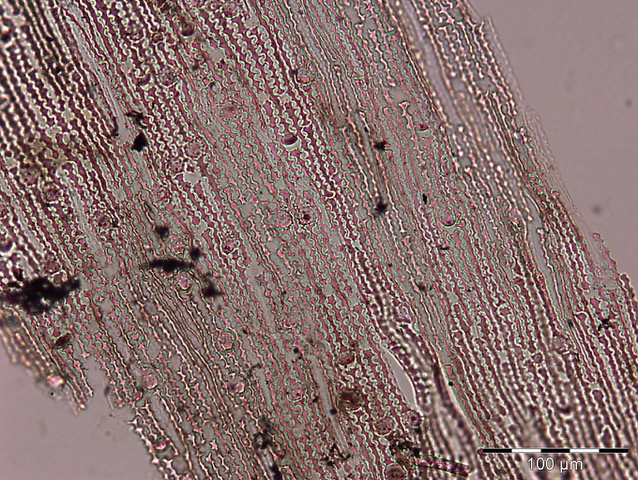This is a test page but the subscription form works very well. You can also renew your registration or join us for the first time by going to the Subscription page.
Read MoreSubscription form test
- January 21, 2021
- No Comment
This is a test page but the subscription form works very well. You can also renew your registration or join us for the first time by going to the Subscription page.
Read More
The 12th IMPR will be a FULLY ONLINE CONFERENCE accessible to all IPS members, September 8 –11, 2021. Exceptionally this time, the conference will be carried out in the frame of the 27th annual meeting of the European Association of Archaeologists (EAA). Important To submit an abstract within IMPR-sessions, you have to be a member of […]
Read More
Phytoliths and Soil Classification have many things in common!!!!! The use of a multiproxy approach to understand vegetation changes and the genesis of soils in Neotropical regions constitutes an area of investigation of great interest, which has recently attracted much attention in Brazil. In this context, the analysis of phytoliths is used as a complementary […]
Read More
The International Committee for Phytolith Taxonomy has worked hard !… The new international code for phytolith nomenclature is now available. We encourage all phytolith researchers to use it from now on! Thank you! Download the paper with its supplementary material can be downloaded for free on the Annals of Botany website
Read MoreCaroline Strömberg and Tim Gallaher developed a machine learning and computer vision (ML&CV) tool for automatically identifying grass silica short cell phytoliths (GSSCP). To make this tool better than a human at identifying GSSCP, they asked phytolith researchers to take a test. You can still take this ~10-minute anonymous survey to try to identify 14 […]
Read MoreMarcia Calegari proposes a workshop,this august, in Marechal Cândido Rondon, Brasil. More details in the document: workshop-brasil
Read MoreDear IPS members, The election period is now over and I am pleased to formally announce the results and congratulate our new IPS board members: President-elect Doris Barboni (23 votes) Member-at-large Yansheng Gu (18 votes) Member-at-large Katharina Neumann (15 votes) During the 30 days election period we have received a total number of 26 electronic […]
Read More
Portillo, M., Ball, T.B., Wallace, M., Murphy, C., Pérez-Díaz, S., Ruiz-Alonso, M., Aceituno, F. J., López-Sáez, J. A. 2019. Advances in morphometrics in archaeobotany. Environmental Archaeology: the Journal of Human Palaeoecology. doi: https://doi.org/10.1080/14614103.2019.1569351 This paper reviews current methodologies, recent applications, and advances in the use of morphometrics for various types of plant remains, its applications […]
Read More
Esteban I, Marean CW, Fisher EC, Karkanas P, Cabanes D, Albert RM (2018) Phytoliths as an indicator of early modern humans plant gathering strategies, fire fuel and site occupation intensity during the Middle Stone Age at Pinnacle Point 5-6 (south coast, South Africa). PLoS ONE 13(6): e0198558. http://journals.plos.org/plosone/article?id=10.1371/journal.pone.0198558 This article provides insight on the foraging […]
Read MoreChad L. Yost, Lily J. Jackson, Jeffery R. Stone, Andrew S. Cohen, 2018. Journal of Human Evolution, v. 116, p. 75-94. Our study uses phytoliths and microcharcoal from lake sediments to determine the effects of the Indonesian Mount Toba supereruption at ~75 ka on the climate and vegetation of East Africa. We worked with sediment […]
Read More